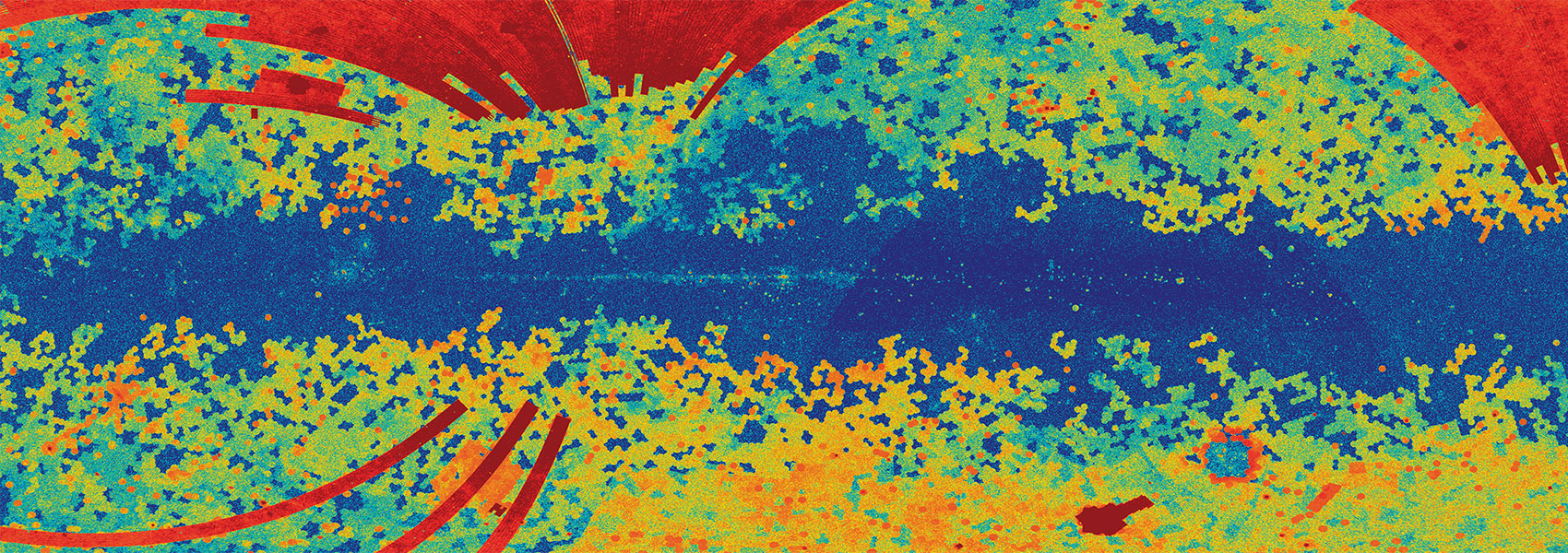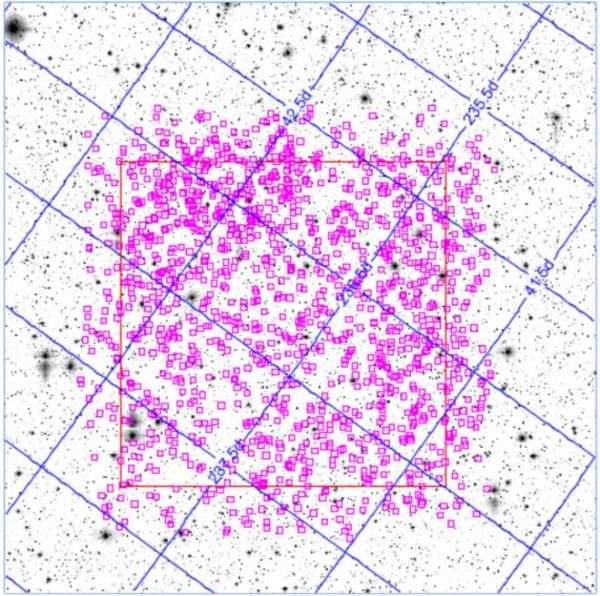Overview: The Cosmic Evolution Survey (COSMOS) is an astronomical survey designed to probe the formation and evolution of galaxies as a function of both cosmic time (redshift) and the local galaxy environment. The survey covers a 2 square degree equatorial field with imaging by most of the major space-based telescopes and a number of large ground based telescopes, with many ongoing surveys. Over 2 million galaxies are detected, spanning 75% of the age of the Universe. The COSMOS survey involves more than 100 scientists in a dozen countries. The primary goal of COSMOS is to study the relationship between large scale structure (LSS) in the universe and the formation of galaxies, dark matter, and nuclear activity in galaxies. This includes a careful analysis of the dependence of galaxy evolution on environment. The wide field of coverage of COSMOS will sample a larger range of LSS than any previous HST survey. The COSMOS team includes many IPAC scientists and IRSA hosts the multi-mission data.
The Cosmic Evolution Survey (COSMOS) is an astronomical survey designed to probe the formation and evolution of galaxies as a function of both cosmic time (redshift) and the local galaxy environment. The survey covers a 2 square degree equatorial field with imaging by most of the major space-based telescopes and a number of large ground based telescopes, with many ongoing surveys. Over 2 million galaxies are detected, spanning 75% of the age of the Universe. The COSMOS survey involves more than 100 scientists in a dozen countries.
The primary goal of COSMOS is to study the relationship between large scale structure (LSS) in the universe and the formation of galaxies, dark matter, and nuclear activity in galaxies. This includes a careful analysis of the dependence of galaxy evolution on environment. The wide field of coverage of COSMOS will sample a larger range of LSS than any previous HST survey.
The COSMOS team includes many IPAC scientists and IRSA hosts the multi-mission data.




